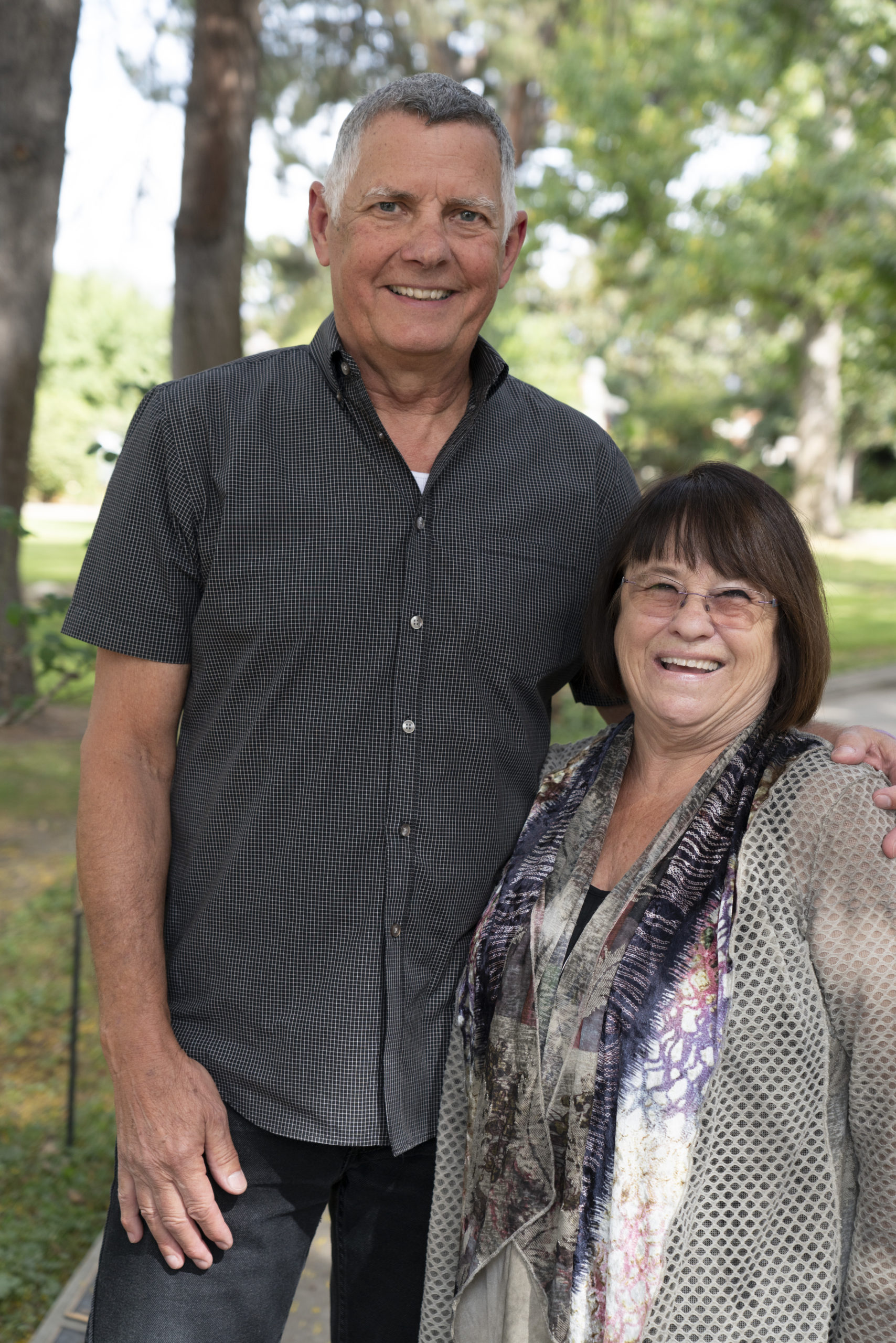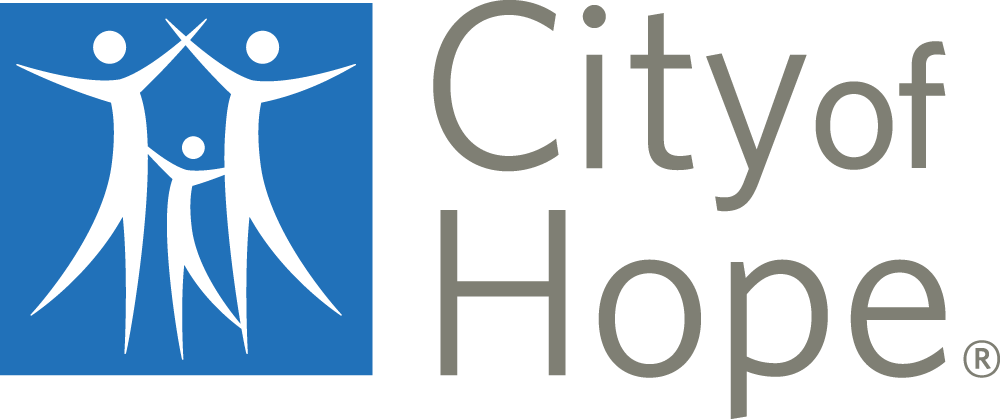
“Hope was our favorite word even before I was told I had cancer,” shares Stephen Hasper, who received a diagnosis of multiple myeloma in March of 2014. In the months ahead, he and his wife, Joyce, would discover that their favorite word was more important to their lives than ever as they learned about City of Hope and soon became a patient family. Stephen received an autologous stem cell transplant at City of Hope in January, 2015. Today, they are volunteers and donors, helping others when their lives have been impacted by cancer.
A married couple of 51 years, Stephen and Joyce volunteer with the Patient and Family Advisory Council where they share their experience and mentor new patients and caregivers. Stephen talks to new patients who will be receiving stem cell implants because they want to hear from someone who has “been through it.” And Joyce meets with caregivers who are concerned about supporting their family members, noting that her husband reminds her, “it can be harder to be the caregiver.”
Stephen’s words of wisdom have helped countless patients and families. As a City of Hope’s Speakers Panel member, he shares his journey with five words: shock, confusion, pain, adventure, and beauty. “There is shock when you receive a diagnosis. Sometimes, there is confusion about the best treatments and other decisions. There was and continues to be some pain involved with my illness and treatment. I tell people who are newly diagnosed: ‘Welcome to the adventure you never intended to take. But now that you’re here, you’re going to meet some wonderful people’. Lastly, I encourage others to find beauty every day. Joyce and I do this by spending time with our six grandchildren.”
The Haspers experience as a patient family and volunteers inspired them to include City of Hope in their estate plans and become Legacy of Hope Society members. “City of Hope kept me alive and has given me a high quality of life – including time with Joyce and my grandkids. Every day the doctors and researchers are providing care, making discoveries, and doing research that is helping people and giving them hope. We feel privileged to be a part of this place and to make it part of our legacy.”
